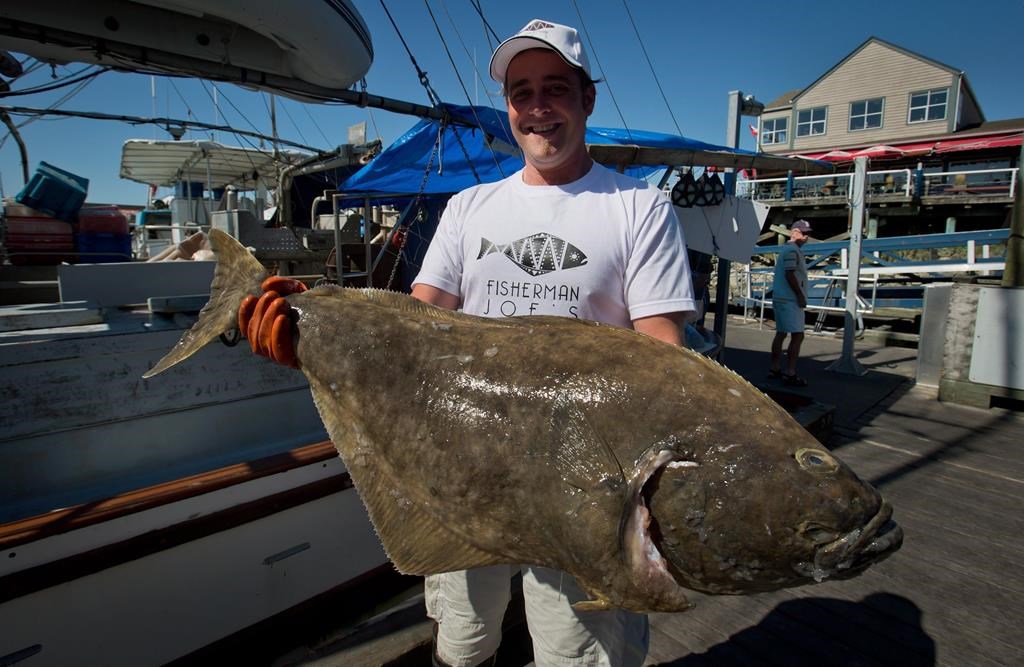Months of negotiations have resulted in an agreement between Canada and France allowing fishers from a tiny archipelago near Newfoundland a portion of the annual Atlantic halibut catch, officials announced Monday.

Fishers from the French territory of St-Pierre-Miquelon will be allowed three per cent of the total allowable catch, which is set each year by Canada, the federal Fisheries Department said in a statement.
The department has been working with France to reach such an agreement since 2016, the department said.
“I am confident that we’ve reached an equitable agreement that will ensure the long-term health of the Atlantic halibut stock while supporting the economies and coastal communities of both Canada and France,” Fisheries Minister Diane Lebouthillie said.

Get daily National news
Most of the Atlantic halibut stock is found in eastern Canadian fishing waters, though a small percentage lives within the French maritime zone off the coast of St-Pierre-Miquelon, about 25 kilometres from the southwest tip of Newfoundland’s Burin Peninsula.
In June, federal officials said they’d requested formal talks with France about the halibut fishery, under a treaty allowing Canada and St-Pierre-Miquelon to manage fish stocks in shared waters.
They also warned Canadian harvesters they could lose their licences if they were caught helpling French vessels to fish Atlantic halibut within areas governed by the Northwest Atlantic Fisheries Organization.
The new agreement allows French harvesters to fish halibut in French waters and the high seas, but not in Canadian waters, Monday’s release said.
The deal “will allow for measured growth of the St-Pierre-Miquelon Atlantic halibut fishery, while also providing benefits for Canadian coastal communities through French landings of Atlantic halibut in Canadian ports,” the release said.
The two countries will also collaborate more on scientific research about halibut, it said.
Canadian Atlantic halibut landings were worth about $70 million in 2022.
The union representing harvesters in Newfoundland and Labrador said it had no comment on the agreement. Neither the Maritime Fishermen’s Union nor the Atlantic Halibut Council responded to requests for comment.







Comments
Want to discuss? Please read our Commenting Policy first.